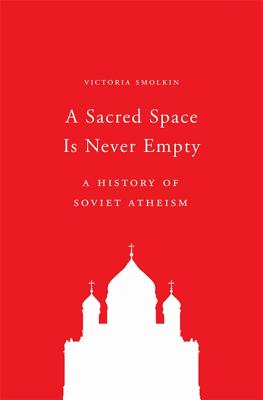Expedite your nonfiction book discovery process with Readara interviews, summaries and recommendations, Broaden your knowledge and gain insights from leading experts and scholars
In-depth, hour-long interviews with notable nonfiction authors, Gain new perspectives and ideas from the writer’s expertise and research, Valuable resource for readers and researchers
Optimize your book discovery process, Four-to eight-page summaries prepared by subject matter experts, Quickly review the book’s central messages and range of content
Books are handpicked covering a wide range of important categories and topics, Selected authors are subject experts, field professionals, or distinguished academics
Our editorial team includes books offering insights, unique views and researched-narratives in categories, Trade shows and book fairs, Book signings and in person author talks,Webinars and online events
Connect with editors and designers,Discover PR & marketing services providers, Source printers and related service providers

A Sacred Space Is Never Empty: A History of Soviet Atheism
History > Russia & the Former Soviet Union
- Princeton University Press
- Hardcover
- 9780691174273
- 9.4 X 6.1 X 1.3 inches
- 1.4 pounds
- History > Russia & the Former Soviet Union
- (Single Author) Asian American
- English
Readara.com
Book Description
When the Bolsheviks set out to build a new world in the wake of the Russian Revolution, they expected religion to die off. Soviet power used a variety of tools--from education to propaganda to terror--to turn its vision of a Communist world without religion into reality. Yet even with its monopoly on ideology and power, the Soviet Communist Party never succeeded in overcoming religion and creating an atheist society.
A Sacred Space Is Never Empty presents the first history of Soviet atheism from the 1917 revolution to the dissolution of the Soviet Union in 1991. Drawing on a wealth of archival material and in-depth interviews with those who were on the front lines of Communist ideological campaigns, Victoria Smolkin argues that to understand the Soviet experiment, we must make sense of Soviet atheism. Smolkin shows how atheism was reimagined as an alternative cosmology with its own set of positive beliefs, practices, and spiritual commitments. Through its engagements with religion, the Soviet leadership realized that removing religion from the sacred spaces of Soviet life was not enough. Then, in the final years of the Soviet experiment, Mikhail Gorbachev--in a stunning and unexpected reversal--abandoned atheism and reintroduced religion into Soviet public life.
A Sacred Space Is Never Empty explores the meaning of atheism for religious life, for Communist ideology, and for Soviet politics.
Author Bio
A scholar of Communism, the Cold War, as well as atheism and religion in Russia and the former Soviet Union, history professor Victoria Smolkin's expertise also covers religious politics and secularism, the Soviet space program, and East European and Eurasian studies. Interviewed by the BBC (“Belief and Unbelief in Russia”) as well as National Public Radio’s Weekend Edition (">“Don’t Call It a Christmas Tree: How’s Russia’s ‘Yolka Survived”). Smolkin recently published her first book A Sacred Space Is Never Empty: A History of Soviet Atheism (May 2018, Princeton University Press). The book presents the first history of Soviet atheism from the 1917 revolution to the dissolution of the Soviet Union in 1991. It explores the meaning of atheism for religious life, for Communist ideology, and for Soviet politics.
Published articles and chapters include "The Ticket to the Soviet Soul: Science, Religion, and the Spiritual Crisis of Late Soviet Atheism," in the Russian Review and "'The Confession of an Atheist Who Became a Scholar of Religion': Nikolai Semenovich Gordienko’s Last Interview," and a chapter in Into the Cosmos: Space Exploration and Soviet Culture.
In recent years she has given public talks on the return of religion in Russia as well as the Soviet Union’s space program at venues ranging from the British Academy (Defending the Faith: Religious and Secularist Apologetics in Twentieth-Century Politics), the British Science Museum, the Woodrow Wilson Center and elsewhere. Smolkin's editorials include “What are Russians celebrating when they celebrate National Unity Day?” She is currently working on a new book, “The Crusade Against Godlessness: Religion, Communism, and the Cold War Order.”
Smolkin earned her doctorate and her master’s degrees at the University of California-Berkeley and her undergraduate degree from Sarah Lawrence College.
Source: Wesleyan University
Videos
No Videos
Community reviews
No Community reviews

